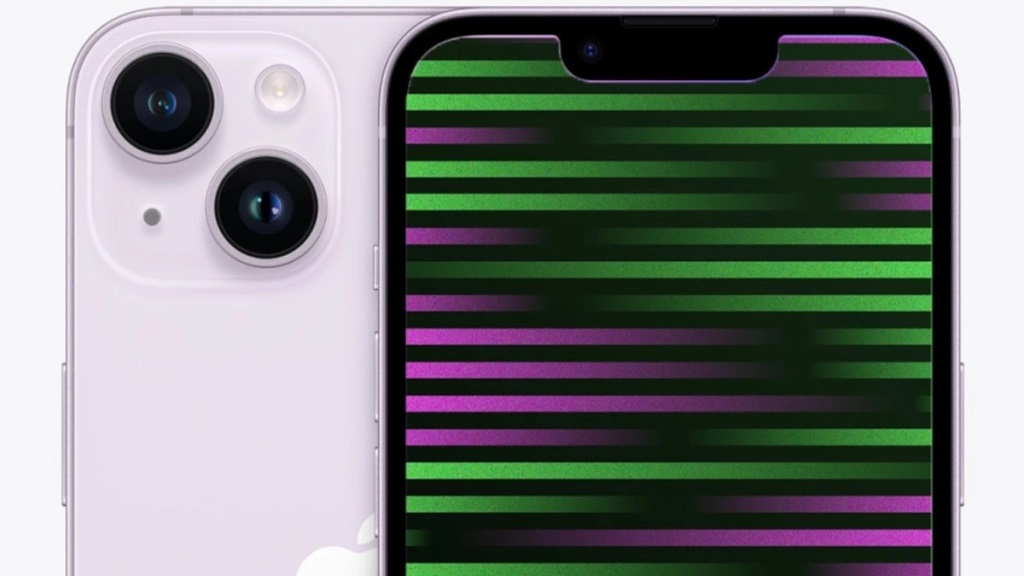Whether Canvas detects ChatGPT is something students and teachers want to know for potential test cheating. Canvas is a popular system for instructors to create a quiz or exam, especially since it has some measures to detect cheating and plagiarism, but the introduction of ChatGPT and other AI software that can create answers and essays is a concern for teachers. Here’s whether Canvas can notice whether students are using ChatGPT.
Does Canvas detect ChatGPT on an exam?
Yes and no. While Canvas cannot precisely detect whether ChatGPT is being used on a test, it will notice irregularities and potentially flag places where a student could be cheating.
ChatGPT is a machine-learning AI that creates text given prompts by a user, which has made it a tool that students have used to get answers during an exam. It can be difficult for instructors to tell whether an answer has been plagiarized or not. Since the text is somewhat randomly generated in ChatGPT, the anti-plagiarism tools in Canvas might not detect it.
That said, Canvas has a few built-in tools that can catch whether a student decides to copy and paste full sentences and paragraphs. It can also tell whether a student begins to type in an unusually consistent manner, as if copying from a source. Normally, people type at different speeds, putting in a few keystrokes, then deleting a few words, and then starting again. So someone who is using ChatGPT for answers could be typing quickly with few errors for a long stretch of time. It’s possible that Canvas can tell that something is off.
However, there could be other reasons why a student is typing quickly, particularly if the person is confident about an answer or is rushing to finish an answer. It will be up to a teacher to figure out if there’s a pattern to the student’s answers that needs to be investigated further.
For more guides on ChatGPT, here’s the potential release date for ChatGPT 4.5 and ChatGPT 5. Also, here is a comparison between ChatGPT, Bard, and other AI.







